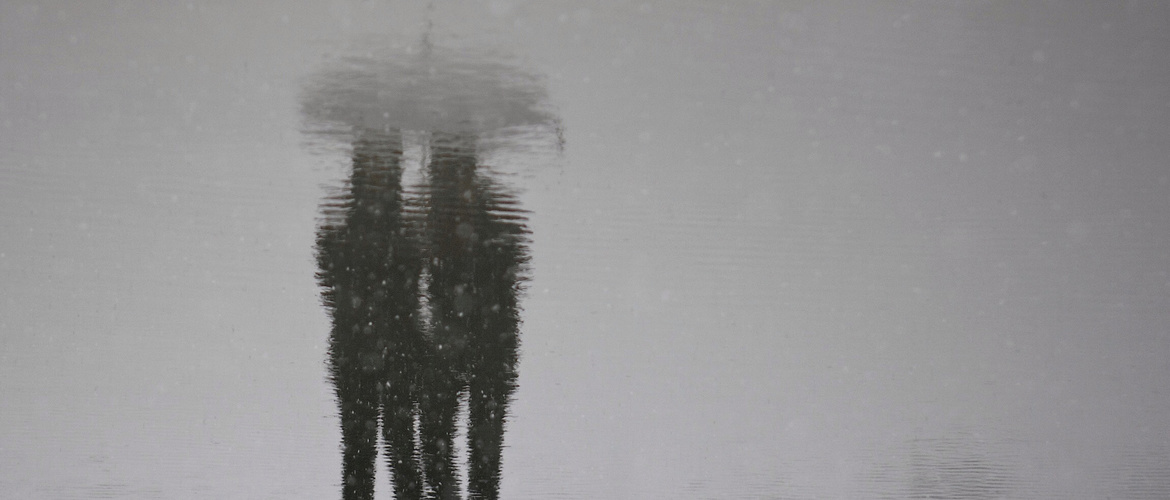
For some, there is no midwinter magic
The aforementioned stressors coupled with changes in light – as noted by Professor Foster – all likely play a role in depression over the winter holidays. On Holmes and Rahe’s Social Readjustment Rating Scale, a major holiday scores 12 – just ahead of a minor legal violation. So while the midwinter holiday season is not a seismic event on the stress scale, it understandably can have a negative impact on one’s health for many individuals. Perhaps not surprisingly, research has found that the most common stressors reported by psychiatric emergency patients seen between December 1st and January 13th were loneliness and being without a family.
To further explore the potential relationship between the winter holidays and depression, Lori and Randy Sansone, of the Wright State University School of Medicine, Dayton, Ohio, searched the literature from 1980 to 2011 for empirical studies on the relationship between the winter holidays and rates of depression. Their research suggests that healthcare professionals must remain vigilant in assessing their patients for the symptoms depression both before and – especially – following the winter holidays as these periods of time can be particularly distressing for those suffering from – or vulnerable to – depression.
Healthcare professionals must remain vigilant in assessing their patients for depression over the winter holidays
Survey data on winter holiday wellbeing
With regard to depression specifically, Michael Mutz, of the University of Göttingen, Germany, examined data from eleven countries participating in the European Social Surveys. The difference between the frequency of positive and negative affective experiences in the week before the survey was used as a measure of subjective well-being. Data were adjusted for age, sex, education, employment and subjective health.
Over the winter holidays, Mutz found that positive emotions exceeded negative emotions to a lesser extent than at other times of year (i.e., the balance of emotional wellbeing was less positive). This again suggests that the winter holidays may prompt negative emotions and feelings to a larger extent than the rest of the year, indicating that proper clinical assessment is of vital importance.
Helping those at risk
During the winter holidays, it is important that healthcare professionals recognize the signs and symptoms of depression and that patients understand that is “ok to not be ok” but that they should seek professional help. As Professor Foster notes, given all of the stressors that the holidays portend on individuals, it is important that we encourage patients to themselves over the holiday period, moderate exposure to alcohol and its depressant effects, and gain exposure to morning light, ideally combining this with outdoor exercise which will in itself have benefit.
Healthcare professionals should advise those at risk of the “holiday blues” to aim to reduce stressors: plan time, expenditure and social contacts; anticipate and take steps to avoid family conflict; and share tasks so responsibility for social or family events do not rest of the shoulders of one person.
Promoting active and healthy ways of coping is also extremely important and should be encouraged. For example, drawing on sources of support among family, friends and community, and meetings where those at risk can share concerns and reduce their sense of isolation. Through these methods, one can help to reduce the burden of depression during the winter holidays and help patients to achieve a healthy quality of life year-round.

